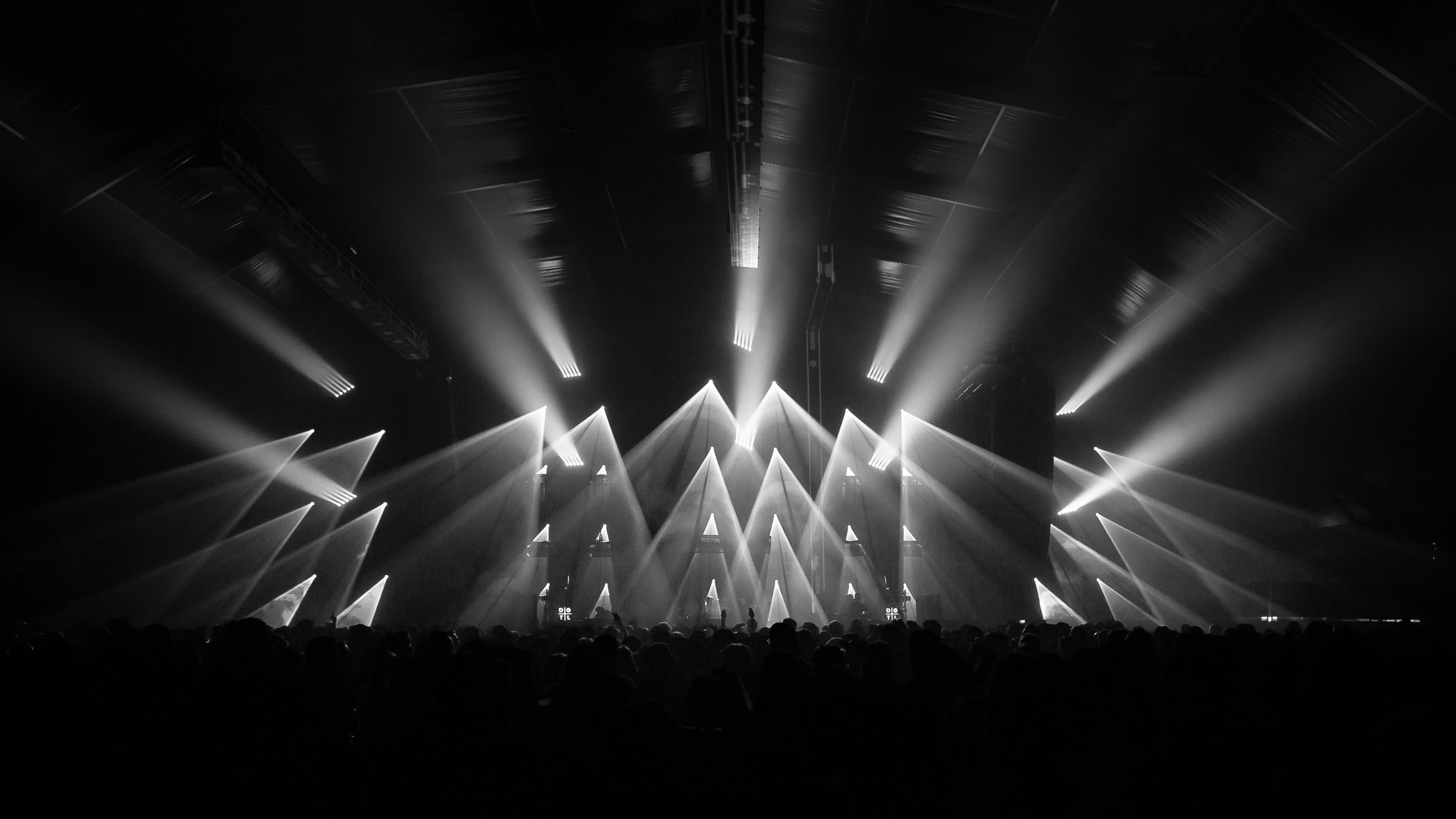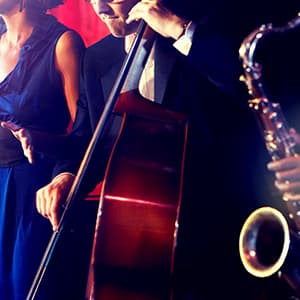

Legends Of 60 S And 70 S Classic Soul Groove Tickets
Up to 30% Off Compared to Competitors.
Location: Select Location (e.g, New York)
Events Nearby
We're Sorry. There are currently no events near you.
About Legends of 60's and 70's Classic Soul Groove
Today, the Legends of 60's and 70's Classic Soul Groove continue to captivate audiences with their live performances, celebrating the timeless hits that defined a generation. Many original artists or their musical successors are still touring, bringing the soulful sounds of the past to new audiences. Concerts featuring classic soul music have become a popular revival trend, often showcasing a mix of nostalgia and modern interpretations. Events such as 'Soul Train Cruise' and 'Legends of Soul' concerts attract fans of all ages, providing an opportunity to experience the magic of live soul music in a vibrant atmosphere.
In recent years, tribute bands and festivals dedicated to classic soul have sprung up, further highlighting the enduring appeal of this genre. These events often feature a lineup of talented musicians who pay homage to the legends of soul, performing beloved hits that resonate with audiences. Additionally, contemporary artists are increasingly drawing inspiration from the classic soul sound, incorporating it into their work and leading to collaborations across generations.
With the resurgence of interest in vinyl records and retro music, the legacy of 60's and 70's soul continues to thrive. Concerts celebrating this classic genre offer not just entertainment but a cultural experience that connects people through the universal language of music. As we move forward, the Legends of Classic Soul Groove are poised to remain a vital part of the live music scene, keeping the spirit of soul alive for future generations to enjoy.
Legends of 60's and 70's Classic Soul Groove History
The Legends of 60's and 70's Classic Soul Groove represents a rich tapestry of musical innovation and cultural significance that emerged during a transformative period in American music. The 1960s and 1970s were pivotal decades for the soul genre, characterized by the rise of influential artists and groups who brought rhythm and blues to the forefront of popular culture. Artists like Aretha Franklin, Marvin Gaye, Otis Redding, and The Temptations not only defined the sound of soul music but also became voices for social change, often addressing the struggles and aspirations of the African American community through their powerful lyrics and emotive performances.
The roots of classic soul can be traced back to gospel music, blues, and R&B, with the genre evolving as artists began to incorporate elements of funk, jazz, and pop. This fusion created a sound that was both deeply rooted in tradition and remarkably forward-thinking. The Motown label, founded by Berry Gordy in 1959, became synonymous with this era, producing countless hits and launching the careers of many legendary performers. Meanwhile, Stax Records in Memphis showcased a more gritty, raw sound, with artists like Isaac Hayes and Booker T. & the MG's making their mark. As soul music gained traction, live performances became a crucial medium for artists to connect with their audiences, showcasing their vocal prowess and stage presence.
During this golden age of soul, live concert performances became iconic events, often featuring elaborate stage setups, choreographed dance routines, and a full band that included horns and backup singers. The energy of these performances captured the essence of the music, and venues such as the Apollo Theater and the Fillmore became hallowed ground for both artists and fans. These concerts not only entertained but also served as a platform for cultural expression and community solidarity, becoming a hallmark of the era's rich musical legacy.
